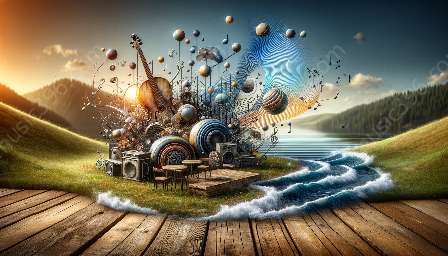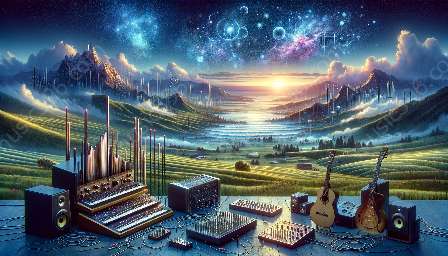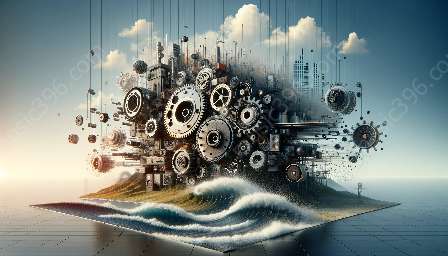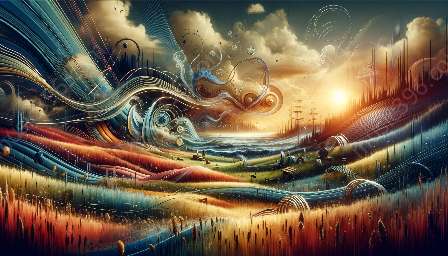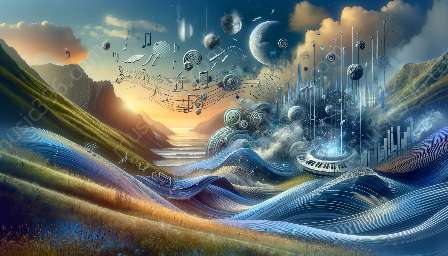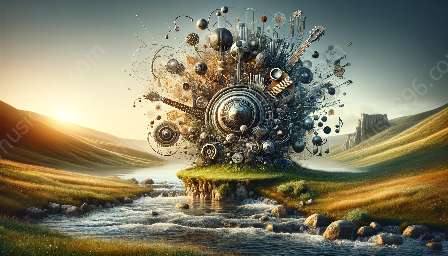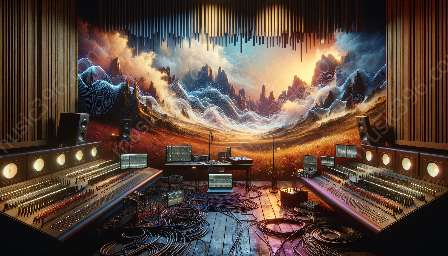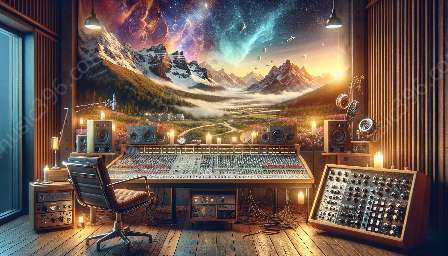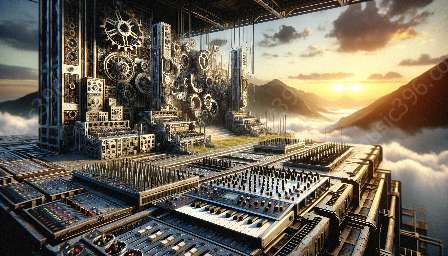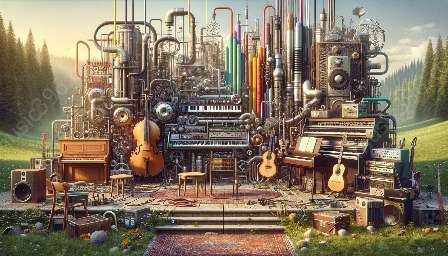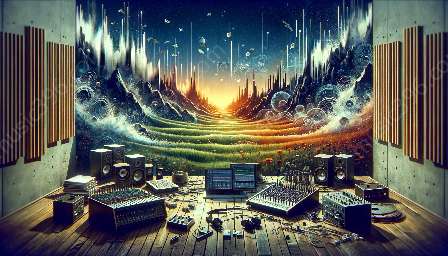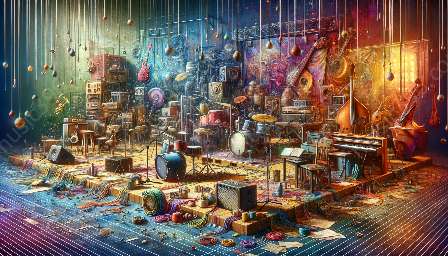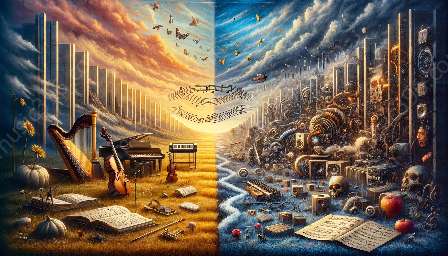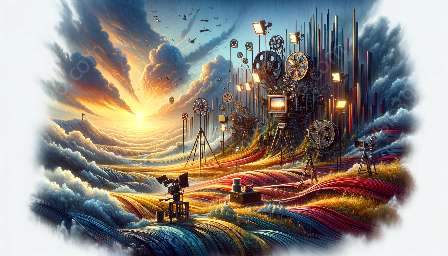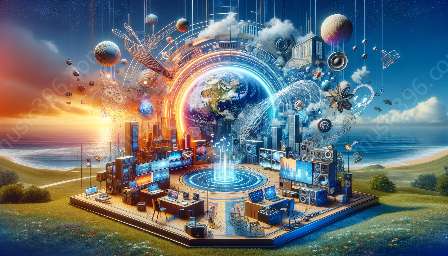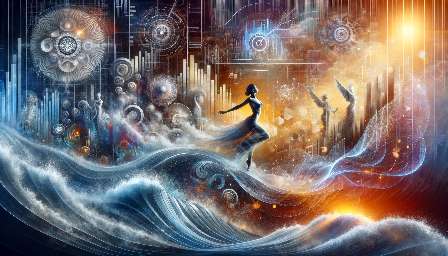Experimental musicians often face challenges related to the unauthorized use and misappropriation of their works. This article explores the legal avenues available to them to address such issues, with a focus on intellectual property rights in experimental music and how they intersect with experimental and industrial music.
Understanding Intellectual Property Rights in Experimental Music
Intellectual property (IP) rights are crucial for experimental musicians as they seek to protect their creative works. In the context of experimental music, IP rights typically include copyright, trademark, and occasionally, patent protection. Copyright is particularly relevant for protecting musical compositions, sound recordings, and performances, while trademarks may come into play for protecting band names or logos associated with the musicians.
Experimental music often blurs the lines between different musical forms and pushes the boundaries of traditional compositions. As a result, it's essential for experimental musicians to understand the nuances of copyright law as it pertains to their unique and non-traditional works. This includes understanding the rights associated with musical compositions, sound recordings, and performances, as well as the duration of copyright protection and the process for registering their works with the appropriate authorities.
Challenges in Protecting Experimental Music
Experimental musicians may encounter various challenges when it comes to protecting their works from unauthorized use and misappropriation. The abstract and unconventional nature of experimental music can make it difficult to establish clear boundaries around what constitutes infringement. Additionally, the proliferation of digital distribution platforms and the ease of sampling and remixing music in the digital age present additional challenges for maintaining control over an artist's creative output.
Furthermore, the industrial music genre, which often overlaps with experimental music, brings its own set of challenges. Industrial music, characterized by its use of non-musical sounds and audio manipulation, can present unique legal considerations related to copyright and fair use. As a result, industrial musicians may need to navigate a complex legal landscape when seeking to protect their intellectual property rights.
Legal Avenues for Challenging Unauthorized Use and Misappropriation
Experimental musicians have several legal avenues available to challenge unauthorized use and misappropriation of their works. These avenues can include:
- Copyright Enforcement: One of the primary legal avenues for experimental musicians is to enforce their copyright protection. This may involve sending cease and desist letters to individuals or entities that are using their works without permission, or pursuing legal action for copyright infringement.
- Licensing and Agreements: Experimental musicians can also explore licensing their works through agreements with third parties. By entering into licensing agreements, they can ensure that their works are used in accordance with their terms and conditions, and receive appropriate compensation for such use.
- Legal Representation: Seeking legal representation from attorneys experienced in intellectual property law can provide experimental musicians with valuable guidance and advocacy when dealing with unauthorized use and misappropriation of their works.
- Compliance Monitoring: Utilizing tools and services for compliance monitoring can help experimental musicians identify instances of unauthorized use of their works, allowing them to take timely action to address such infringements.
- Education and Awareness: Educating themselves and raising awareness within the music community about the importance of respecting intellectual property rights can help experimental musicians create a culture of respect for creative works.
Conclusion
Experimental musicians possess valuable creative expressions that deserve protection under intellectual property law. By understanding the legal avenues available to challenge unauthorized use and misappropriation of their works, and by actively engaging in the protection of their rights, experimental musicians can better safeguard their artistic endeavors and contribute to the continued growth and innovation within the experimental and industrial music landscapes.

